Trump's win could signal dramatic foreign policy shifts – exclusive interview with UNLV Professor David Damore
During an international reporting tour titled ‘Democracy is More Than Election Day’, arranged by the Global Public Affairs Bureau of the U.S. Department of State, through its Foreign Press Centers and in cooperation with the Meridian International Center, a lecture was organized at the University of Nevada with Dr. David Damore, Professor of Political Science and Executive Director of the Lincy Institute and Brookings Mountain West. In his lecture, Dr. Damore spoke about the political landscape in Nevada, including election cycles and electoral candidates as the state is preparing for upcoming presidential elections in the U.S. in November 2024.
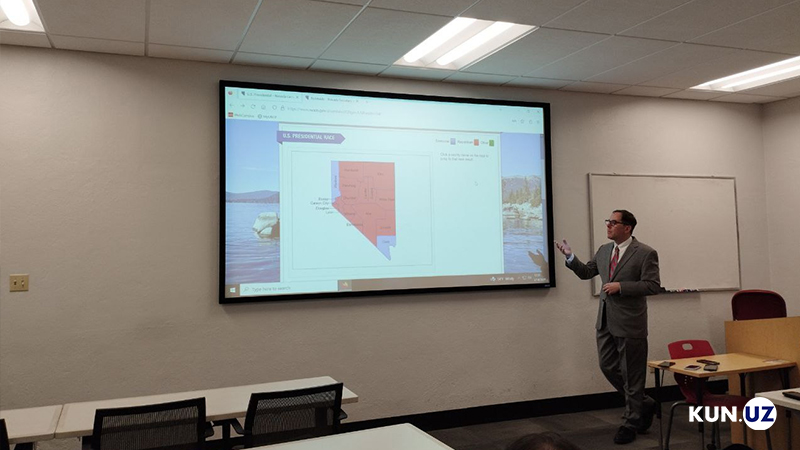
Following the lecture, Dr. Damore gave a special interview for Kun.uz, commenting on Nevada's unique demographic and electoral characteristics, the impact of political advertising on undecided voters, and possible shifts in the U.S. foreign policy if Donald Trump is elected president.
Dr. Damore, could you please elaborate on how demographic shifts and political trends in Nevada are influencing its pivotal role in U.S. Presidential elections?
Nevada, particularly, the Las Vegas metro region has the demographic composition that America is predicted to have in the second half of the century. In general, the state’s growing ethnic and racial diversity has been a main driver shifting Nevada from Republican to Democratic leaning over the course of the last decade or so. However, lower levels of voter turnout among minorities compared to whites and the state’s low levels of educational attainment keep the GOP in the game here.
What impact do campaign strategies and political advertising have on undecided voters in Nevada, especially in close races?
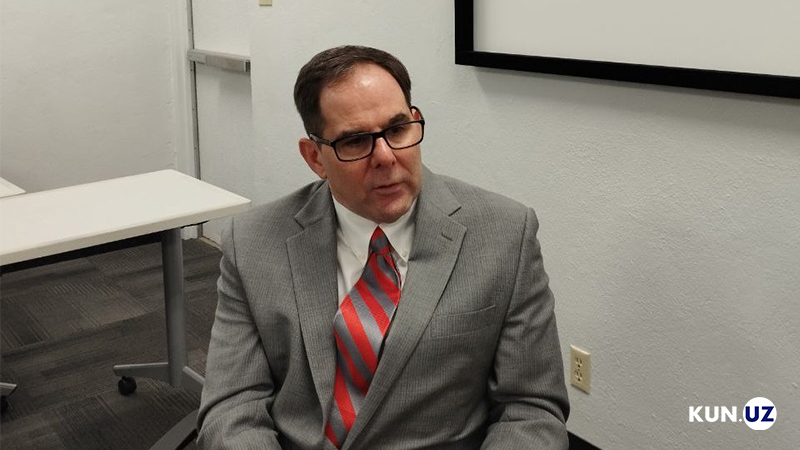
The effects of advertising are twofold. In a race where the candidates are already well known such as the presidential elections, the goal is to prime the issues and factors that voters who are either undecided or who may not be sold on a candidate draw on as the vote decision nears.
In a race such as the US Senate where the incumbent, Rosen, has a name recognition and fundraising advantage, advertising from July through September will be used to define the opposition, presumably Sam Brown, in unfavorable terms. Since Brown is not well known and will not have as much money, he will have to be very strategic about when and how he uses his money with the caveat being if he waits too long then the Rosen campaign will be able to define the terms of the campaign.
How might the results of the Nevada caucuses be indicative of a candidate's viability on the national stage?
No effect at all. Neither candidate was seriously challenged and there was not a lot of effort by either party to engage or mobilize voters. It was a missed opportunity for the state but reflects the uniqueness of the 2024 presidential election.
In your view, how do changing voter priorities in Nevada reflect the evolving political landscape of the broader United States?
Nevada voters have a long history of blowing with the national winds (since 1912 the state has supported the winning presidential candidate in every election except 1976 and 2016). This cycle is no different – strong macrolevel economic growth that has not alleviated voters’ concerns about the cost of living even in the face of wage gains.
The Democrats, as they did in prior races, are pushing voters to focus their attention on choice issues and protecting democracy as well as the Biden administration’s current policies related to access to healthcare, the energy transition, and infrastructure investments. Thus far, the Trump campaign has not put forth a vision for the next four years and instead is continuing to relitigate past grievances.
From a historical standpoint, how have incumbent versus non-incumbent election outcomes affected the consistency of U.S. foreign policy?
This race is a little different because you effectively have two incumbents running for president. While most voters will give foreign affairs passing attention during the campaign, this is one area where there is a large difference between the candidates with respect to the Middle East, Ukraine, and support for NATO. Because so much of foreign policy is driven by the White House, there is the strong likelihood of major shifts if Trump wins.
Doniyor Tukhsinov
Related News
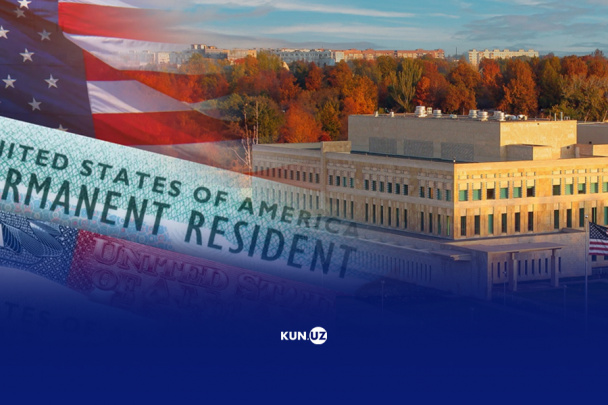
20:33 / 26.05.2025
“No talks on easing visa rules yet” – U.S. Embassy in Tashkent
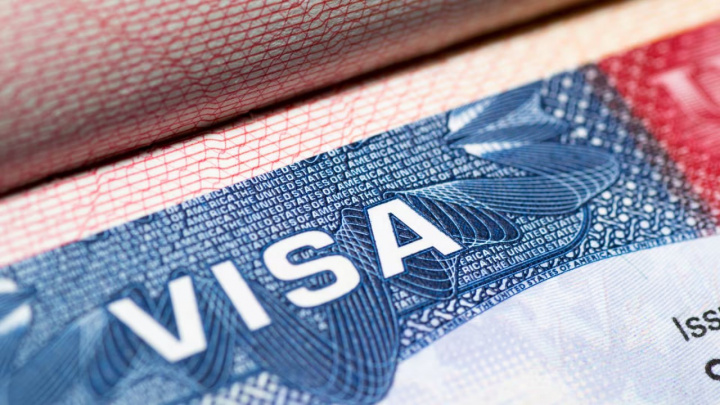
10:36 / 21.05.2025
Uzbekistan to launch talks with U.S. on relaxing visa requirements for its citizens
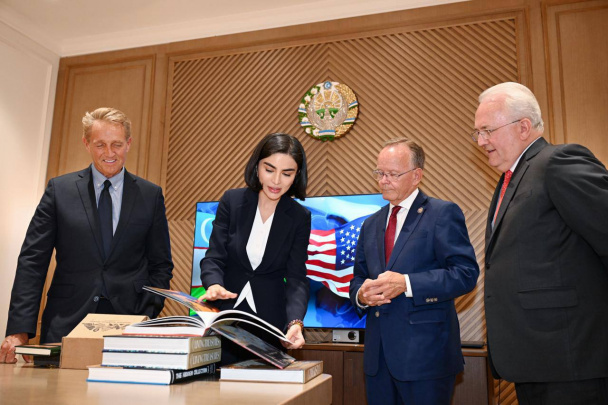
11:41 / 17.05.2025
Saida Mirziyoyeva holds talks with U.S. delegation to discuss strengthening education and tech cooperation

12:59 / 14.05.2025



